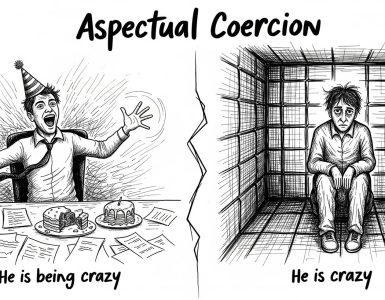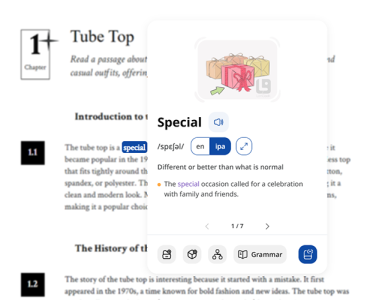The difference between these two pronouns is a common question among language learners. Anything and nothing are both indefinite pronouns and are used in relatively similar situations but not in the same way. We are going to clarify that in this post.
What are indefinite pronouns?
Indefinite pronouns are a type of pronoun that is used to refer to groups of people or things that are not known to the speaker or listener (or the identity is simply not important). There are many different types of indefinite pronouns. You can learn more about them in this article.
Anything vs Nothing
Each of these pronouns belongs to a specific type of indefinite pronouns:
- Anything: is both an elective and dubitative existential pronoun (don’t be confused by the name I will explain it below)
- Nothing: is a negative indefinite pronoun
Anything
Anything can be used in positive, negative, and interrogative sentences. It is important to mention that although anything can be used in a negative sentence it is not a negative marker (it does not make the sentence negative itself).
I can read anything. (positive)
I can’t see anything. (negative)
Is there anything here to eat? (interrogative)
Nothing
Nothing can only be used in negative sentences. It is a negative marker so whenever you use it automatically makes the sentence negative (You should make the sentence negative by other means).
I can eat nothing. (negative)
Can I eat nothing?(Wrong – because it cannot be used in a question)
I cannot eat nothing.(Wrong – because it is a double negative)
Using double negative in colloquial speech
Although using double negatives is grammatically wrong, people use it in colloquial speech, so you may hear it. You can learn more about the differences between these words by reading Anything vs. Nothing in English grammar or an Indefinite pronoun article in Wikipedia.
Overview table
| Pronoun | Positive sent. | Negative sent. | Question | Negative marker |
| Nothing |  |
 |
 |
 |
| Anything |  |
 |
 |
 |





Add comment